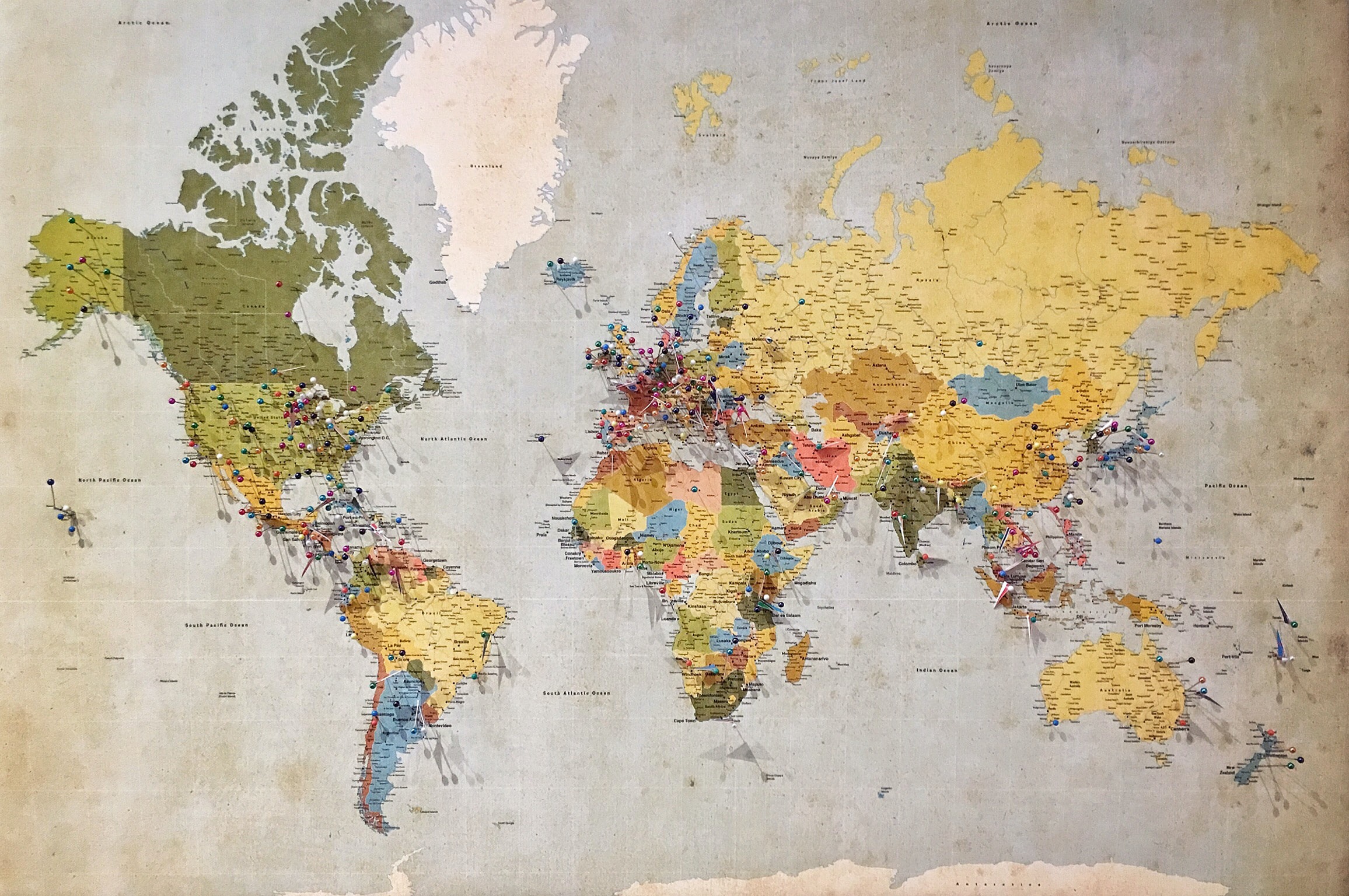Is the idea wrong or is the flaw in reality? On the definition of ‘internationalisation’ of higher education
Event Materials
This event is now archived and we are pleased to provide the following event media and assets, along with the original event overview.
Register here

The concept of ‘internationalisation’ in higher education has absorbed remarkable attention in the last three decades. Papers by Jane Knight and colleagues in 1994-2004 established broad support for a practice-oriented definition. The most cited version, intended to constitute a common approach across the world, stated: ‘Internationalisation at the national, sector and institutional levels is defined as the process of integrating an international, intercultural, or global dimension into the purpose, functions or delivery of post-secondary education’. Here internationalisation was seen as controlled by agents in higher education, in contrast with ‘globalisation’ which was seen as primarily economic, external to higher education and potentially dangerous to educational values. In this ideological reading internationalisation, operating within the nation-state framework, was seen as a filter and defence in relation to global forces. The formula ‘globalisation is changing the world of internationalisation’ while ‘internationalisation is changing the world of education’ became widely accepted.
However, since the mid 2000s and especially since Brandenburg and de Wit (2011) suggested ‘the end of internationalisation?’ it has been evident that all is not happy in the internationalisation camp. There has been a raft of redefinitions, supplementary clauses, and unsuccessful calls for a new paradigm. On one hand, the definition is too inclusive: national governments are wedded to global knowledge economy agendas, and commercial cross-border education, rankings and competition have undermined the ideal of a benign internationalisation. These pathologies cannot all be blamed on economic globalisation.
On the other hand, the definition is too exclusive: there is more to global relations in higher education and knowledge than economic competition; and there has been growing pushback from non-Western countries for whom Western-driven internationalisation is synonymous not with enhanced agency and control but the suppression of agency, in continuity with the colonial era. Arguably, matters can only move forward if we step outside the definition, its ambiguous universal ideal and its constrained geography and geo-politics.
In the light of developments in cross-border higher education the paper will review the discussion of ‘internationalisation’, isolate three flaws in the definitional approach, and suggest an alternative terminology for both scholarship and practice.
Event Materials
This event is now archived and we are pleased to provide the following event media and assets, along with the original event overview.
Booking
You will need to register to join this webinar. Please register here .
